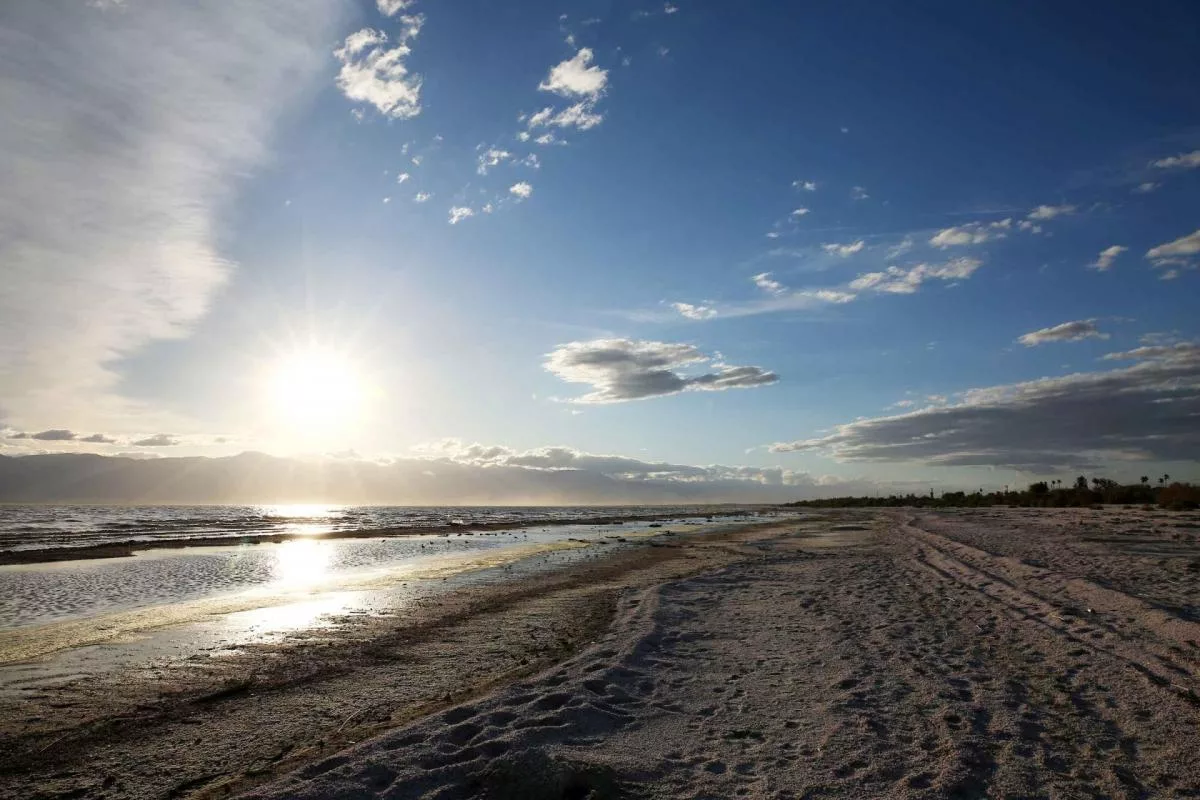Our planet faces a myriad of environmental challenges, and at the forefront is the issue of water management. This is nowhere more apparent than in contrasting regions where water is either an unwelcome guest or, conversely, a rare and treasured commodity. The western United States epitomizes the latter, drawing attention to the dire need for judicious water allocation often compromised by political agendas. The critical role of water is deeply ingrained within regional cultures, leaving many astounded when encountering agricultural practices aimed at disposing of excess water rather than conserving it.
In past decades, monumental infrastructure projects were undertaken to ensure burgeoning cities in the arid West had adequate water supplies. However, time has revealed that foundational assumptions for these endeavors were flawed, leading to disastrous environmental impacts on ecosystems that have been left parched by unsustainable urban and agricultural consumption.
A New Hope: Rethinking Water Strategies
Today’s heightened awareness around water scarcity has spurred a wave of initiatives aimed at remedying past mistakes. An unexpected ally in this cause is the electric vehicle (EV) sector, particularly in the effort to revive California’s desiccated Salton Sea. Observing these developments, a special report from NBC Palm Springs sheds light on the unique relationship between EVs and environmental restoration—inviting audiences to explore the intricacies underlying this alliance.
The Salton Sea’s origins trace back millions of years, with its fate historically intertwined with the meandering Colorado River. This vast body of water experienced periods of abundance and desiccation, alternating with the river’s shifting courses. Despite its long history, by the nineteenth century it had vanished, surviving only in Native American lore until accidental human intervention in the 1900s refilled its basin, laying the foundation for a fluke rebirth.
In its prime, the Sea morphed into a vibrant destination brimming with recreation. However, Los Angeles’ insatiable thirst for water eventually deprived the Sea of its life source. The resulting desolation wreaked havoc, with toxic dust from the dry seabed soaring into the air, decimating marine life, driving communities to abandon resorts, and increasing respiratory ailments among locals. Despite the suffering of those nearby, the predominance of urban voters stifled calls for change.
The Path to Reclamation
As awareness of environmental justice grows, urban populations are becoming more empathetic toward ecological crises such as the Salton Sea’s plight. Efforts are now being made to address the Sea’s decline directly, focusing on ecosystem restoration, such as reintroducing vegetation along its banks to curb toxic dust and creating wetlands to sustain wildlife. Furthermore, the prospect of increased recreation opportunities for local residents forms part of a more wholesome remedial strategy.
Lithium: The Salton Sea’s Environmental Savior?
Despite the gravity of the situation, environmental and health arguments alone struggle to garner the necessary political momentum for substantive action. In an economic-centered society, a compelling financial incentive is often required to catalyze change. The burgeoning EV industry provides just that, with the rising demand for lithium—essential for EV batteries—presenting an economic argument to conserve the Salton Sea’s water levels for potential mineral extraction. Recreational prospects also serve as a unifying factor that could persuade people to support water and restoration funding for the Sea.
Yet, with the prospective extraction of valuable resources like lithium comes the risk of exacerbating the existing environmental damage. Thus, the roles of environmental justice and public awareness remain critical in ensuring that any resource harvesting does not compromise the delicate balance of this beleaguered ecosystem. The Salton Sea’s future hangs in balance, entwining the livelihoods of local residents with the global trajectory of cleantech and the ethical stewardship of our planet’s precious resources.
